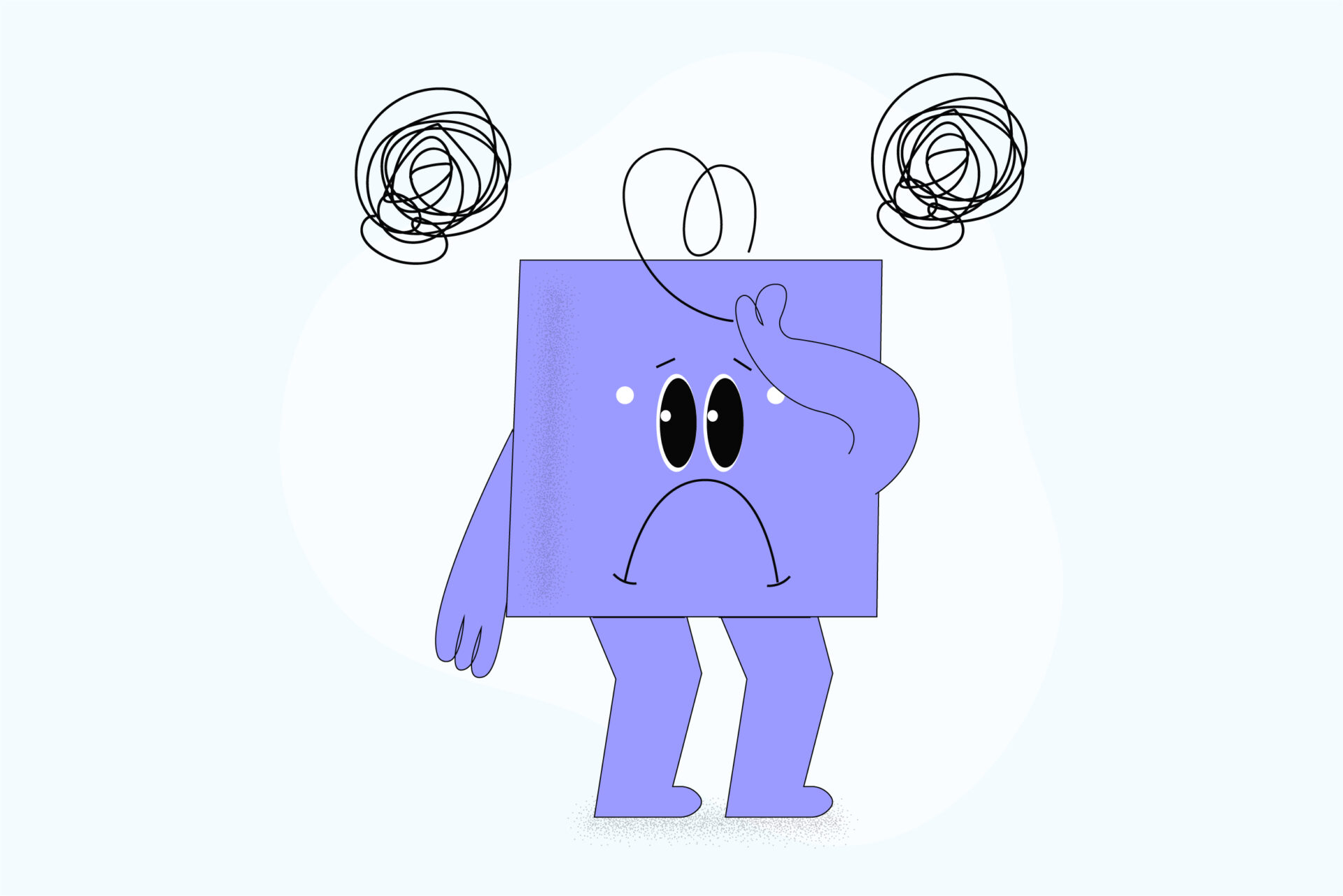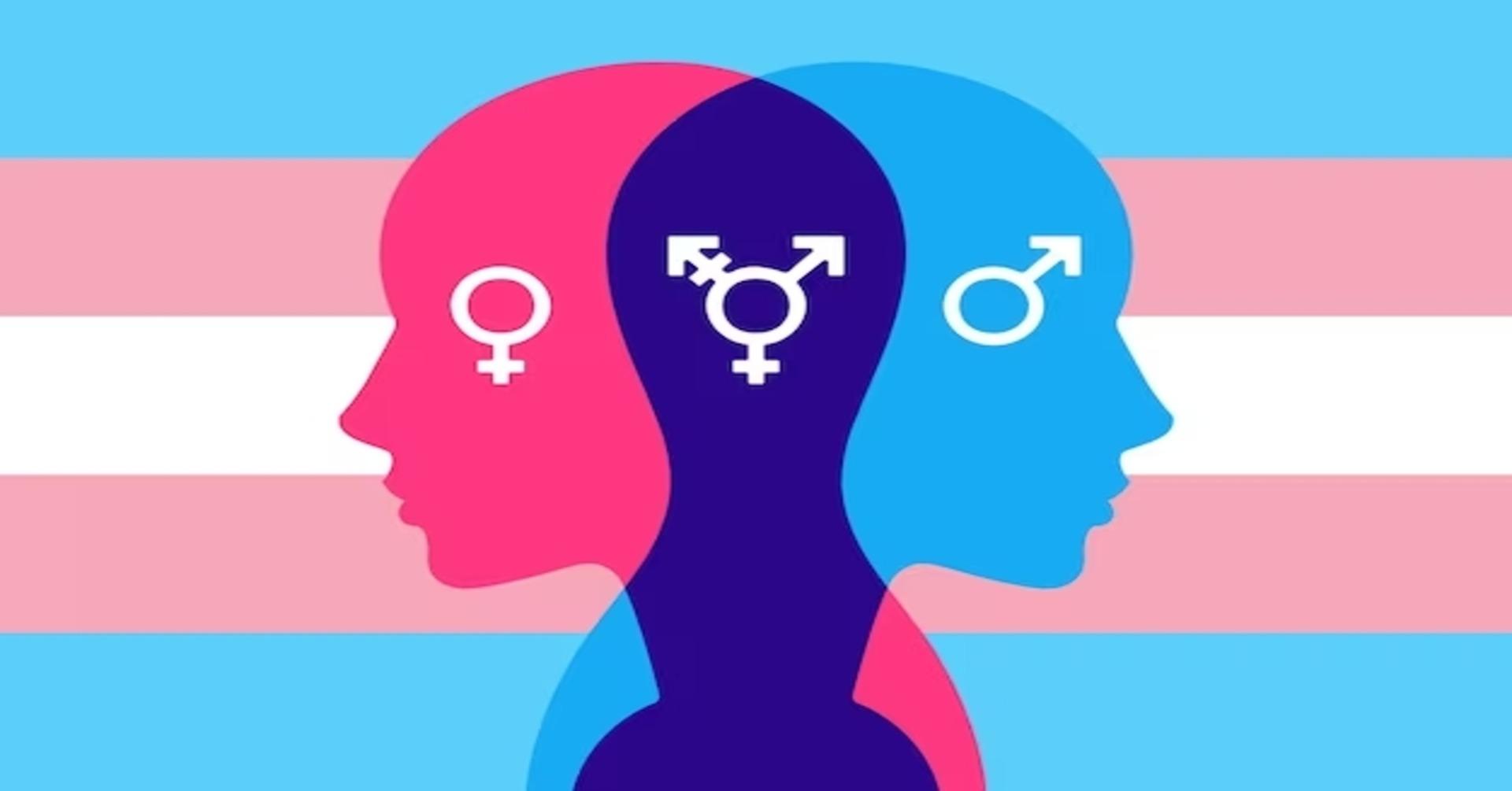Am I a Nonbinary Quiz
Embark on a journey of self-discovery with our "Am I Nonbinary?" quiz. This thoughtful and introspective quiz is designed to help you explore your gender identity in a safe and supportive space. Whether you've been questioning your gender for a while or are just beginning to ponder what identity truly resonates with you, this quiz offers a series of questions that reflect on your personal experiences, feelings, and perspectives.


Time is Up!

Time's up
The quiz is not a definitive diagnostic tool. The results do not confirm a definite diagnosis. It is a potential step towards a more formal conversation with a gender therapist or counselor.
Who can take this quiz?
The purpose of this quiz is to act as a starting point for personal reflection on one’s gender identity. It aims to guide individuals through a series of questions that can help them consider various aspects of their gender expression and feelings that they may not have fully explored before. The quiz provides insight into whether someone might identify as nonbinary.
What purpose does this quiz serve?
There is no clinical diagnosis that can be made with this trauma related Stress Calculator quiz, mental health disorders can only be diagnosed by a licensed mental health provider or psychiatrists, or psychologists.
The purpose of this quiz is to provide you with a first step towards understanding any symptoms you might be experiencing in order to receive appropriate assistance.
How do you define alcohol addiction quiz?
The “Am I a Nonbinary Quiz?” is defined as a self-assessment tool designed to help individuals explore their gender identity, particularly in relation to the concept of being nonbinary. Nonbinary is a term that refers to gender identities that are not exclusively masculine or feminine and lie outside the traditional gender binary of male and female. This quiz typically consists of a series of questions that prompt reflection on one’s own experiences with gender, such as personal pronoun comfort, gender expression, and feelings toward one’s assigned gender at birth.
General Frequently Asked Questions
No, the quiz is not a definitive indicator of being nonbinary. Such quizzes can be useful tools for self-reflection or to start a conversation about gender identity, but they cannot definitively determine someone’s gender identity. Gender identity is a deeply personal and complex aspect of an individual’s identity. It can only be truly understood and defined by the individual themselves, often through a process of personal reflection, exploration, and, in some cases, discussion with trusted friends, family, or professionals in gender studies or mental health.
Being nonbinary is not necessarily the same as being transgender, though there can be overlap. Transgender is a broad term that refers to individuals whose gender identity differs from the sex they were assigned at birth. Nonbinary, on the other hand, specifically refers to those who do not identify strictly as male or female — they might identify as a blend of both, neither, or something different entirely. Nonbinary people may or may not consider themselves transgender. Some nonbinary individuals see themselves as a subset within the transgender category because their gender identity doesn’t align with their assigned sex at birth, while others may not identify as transgender.
Nonbinary refers to a gender identity that doesn’t fit strictly into the categories of male or female. It’s a spectrum of gender identities that are not exclusively masculine or feminine.
Yes, gender identity can be fluid. It’s normal for your understanding of your gender to evolve as you grow and learn more about yourself.
It’s completely normal to feel like you don’t fit into specific gender categories. Nonbinary is a broad term and includes those who don’t identify with any gender, often referred to as agender.
No, being nonbinary isn’t about your appearance. It’s about your internal sense of gender identity. Nonbinary individuals can have a diverse range of expressions.
Nonbinary people often use they/them pronouns, but pronoun preferences can vary. Some use neopronouns, and others might prefer traditional he/she pronouns. It’s always best to ask an individual their preferred pronouns.
Support them by respecting their pronouns, being open to listening, and educating yourself about nonbinary identities. Remember, the most important thing is to make them feel accepted and understood.
Need a customized plan?
Disclaimer: According to an individual’s case severity, the sessions might vary.




